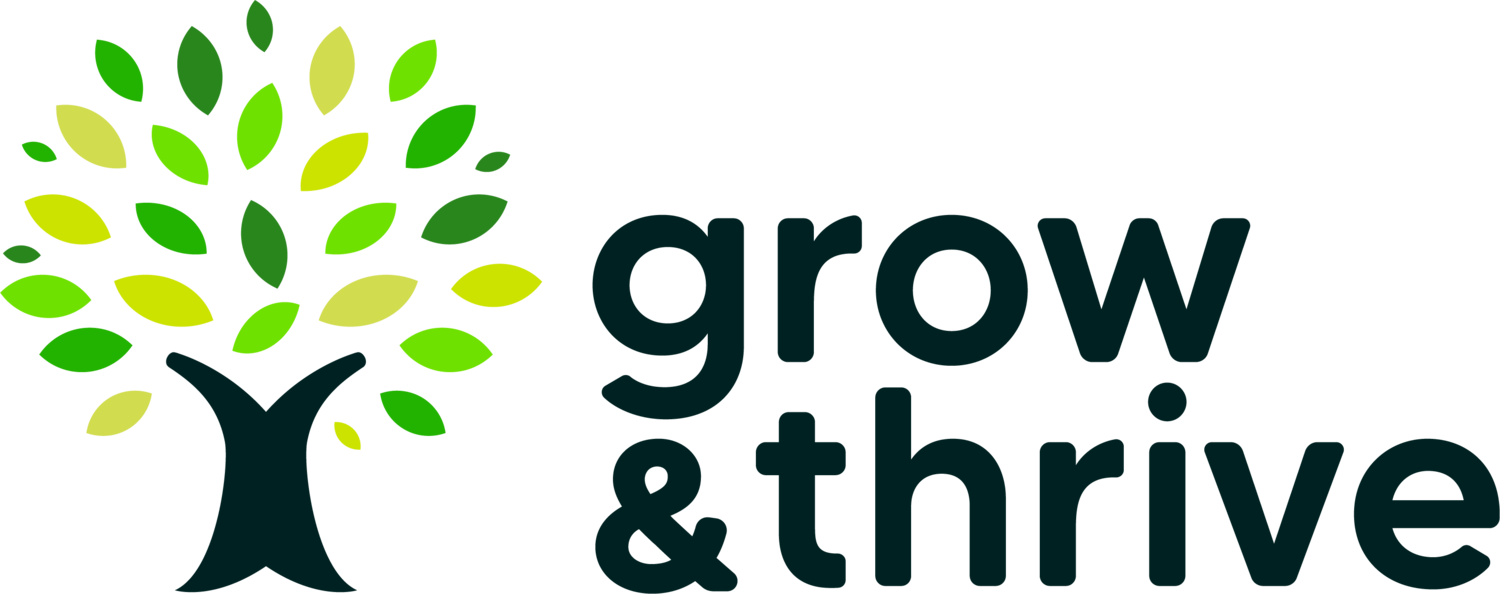Neurodevelopmental Assessments
Our adult assessments grew out of a recognition that sometimes it’s not until later in life that you wish to explore and understand yourself and your life’s journey so far. There’s increasing awareness that there has been an under-diagnosis of Autism Spectrum Conditions and/or ADHD in adults. Together with personal stories from autistic adults, and new research the role and impact of camouflaging and masking are increasingly being understood.
The chance to explore your strengths, challenges and neurodiversity as an adult, in a supportive environment can be a powerful and empowering process.
We go through:
All parts of the assessment are completed by 2 clinicians (Specialist Speech and Language Therapist and Clinical Psychologist). We choose to provide a joint clinician assessment (rather than single clinician as some other providers offer) as we feel that the understanding and expertise of the two professionals is essential in understanding an individual’s life journey.
Assessment can either be completed over the course of a day, with an assessment session in the morning, a lunch break and a further session in the afternoon. Or we can stage the assessment over a number of sessions if that seems preferable or logistically easier to arrange.
The assessment would be held at the dedicated Grow Communication Clinic in Polmont.
Assessment includes:
Discussion about aims, goals and aspirations:
It is really important for us to hear about how you have arrived at this point of wishing to explore the possibility of Autism and ADHD– and what you feel you would like to get out of the assessment.
A developmental history:
if possible we ask you to bring someone who can help give information about your early development e.g. a parent or other family member. But we also recognise that for some people this is not possible – in which case we ask you to gather as much anecdotal information as possible.
The developmental history takes the form of an informal chat and some structured questions about your early development (stretching back to your early days as an infant).
We may use the DISCO (Diagnostic Interview for Social Communication Disorders) as a tool for this.
A structured clinical interview (based on a standardised/ research-based format).
This is a series of questions that help to guide us in thinking about areas that can be related to a presentation of Autism/ADHD.
We also use the ADOS-2 as an additional tool
Cognitive assessment
This is an assessment of your learning and thinking style and helps to identify areas of personal strength and areas which are more difficult.
Higher-level language assessment – can be used if appropriate.
This would be some verbal assessment to find out more about how you understand and process spoken language – for instance some people report subtle difficulties with word-retrieval and auditory processing and this tool can be helpful to unpack that some more.
We will also ask you more about your mental health and mood.
